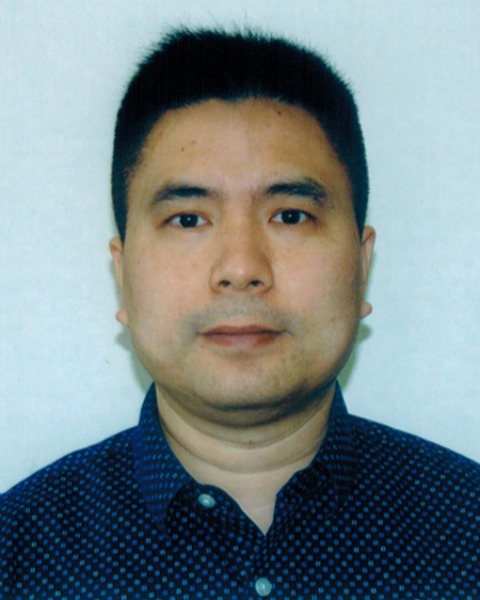Back
Turbocharging Innovation in CMC: Driving Back to Rational Drug Design
Session: Symposium: Explosion of Cell Therapy Beyond CAR-T
Leveraging Reagents from Cell-Therapy Process-Development to Support CAR-T Bioanalytical
Wednesday, April 26, 2023
9:30 AM – 10:00 AM ET
Location: Salon C, 5th Floor

Jiangbo Tang, PhD (he/him/his)
Senior Scientist
BMS
Belle Mead, New Jersey, United States
Speaker(s)
The impressive clinical success of autologous chimeric antigen receptor (CAR) T cells has changed the therapeutic landscape for B cell malignancies and has provided options for terminally ill patients as last-line treatment. When compared to autologous CAR T cells, allogeneic CAR T cells from heathy donors have many potential advantages, such as immediate availability for treatment and redosing, control of T cells quality for manufacturing through donor screening, and the potential for CAR T product standardization. Allogeneic CAR T therapy also faces its unique challenges, particularly the risk of graft vs. host disease (GvHD) and activation of host immune system by the foreign cellular therapeutics. To mitigate those risks as well as to improve product expansion, persistence and efficacy, increasingly complex and challenging genetic engineering have been used to achieve multiple knock-in and knockout of the allogeneic therapeutical T cells. An increased complexity due to multiple edits in the genome requires a bioinformatics-driven approach to design primers and probes with amplicons that are specific for the therapeutics to support clinical pharmacokinetics. Similarly, prior exposure to cell therapies may lead to an unwanted immune response that would require a risk-based immunogenicity strategy. Collaboration with analytical teams that support in process and product release testing and leveraging reagents from process development can support CAR T bioanalytical strategy. The presentation will go over the reagent development and risk-based bioanalytical strategy for allogeneic cell therapies. The generation of reagents to evaluate humoral responses and design of primers and probes that could target unique regions of the transgene will be shared. In addition, the impact of the multiple gene knock-in and knockout may have on bioanalytical strategy will be shared.
Learning Objectives:
- Learn how the next generation cell therapies differ from conventional CARTs
- understand the complexities of the next generation cellular therapies and reagent development
- implement techniques to reduce the liabilities

